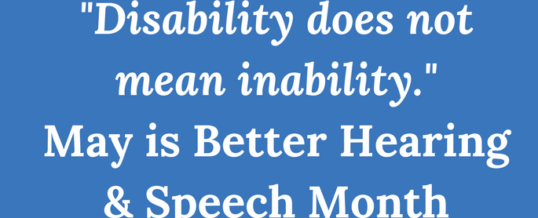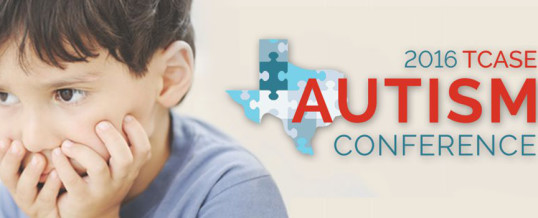October 26th – Rebecca Moyes, M.Ed.
Practical Strategies to Address Executive Functioning Skills in the Student with Autism
Executive functions are the cognitive tasks that allow us to plan, organize, initiate, attend to task, and regulate and monitor behavior. They are the key building blocks to learning! Until recently, not much has been known about how to address executive function disorder in children and adolescents with autism. Many times, the child’s problems were considered to be ‘just poor behavior,’ but we do know that kids with autism spectrum disorder, ADHD, and certain types of learning disabilities (including nonverbal learning disability) can all be impacted from executive function deficits. If your student or child has any of the following concerns, he may be struggling with executive function deficits:
- Has a messy room or desk
- Can’t seem to hold directions in his/her brain or be able to multi-task
- Is unmotivated
- Is often fidgety or inattentive
- Is blunt and/or rude
- Does not think before he/she acts
- Is forgetful and loses things Has difficulty with time management
- Can’t seem to get started on tasks
- Has difficulty shifting between activities or “letting things go”
Come and learn practical strategies for school and home that will empower your student to succeed, while capitalizing on his/her strengths.
October 27th – Jed Baker, Ph.D
All Kids Can Succeed: Effective Interventions for Behavioral and Social Challenges
Students on the autism spectrum and those with behavioral challenges often present with difficulty regulating their feelings and interacting socially. This workshop describes how to handle meltdowns and design effective behavior plans to prevent these moments and reduce frustration and anxiety. The second part of the presentation details strategies to motivate students to learn, ways to teach social skills, how to generalize skills into the natural setting and increase acceptance and tolerance from peers. Information will be imparted though lecture, interactive exercises, and video clips.
26
OCT





